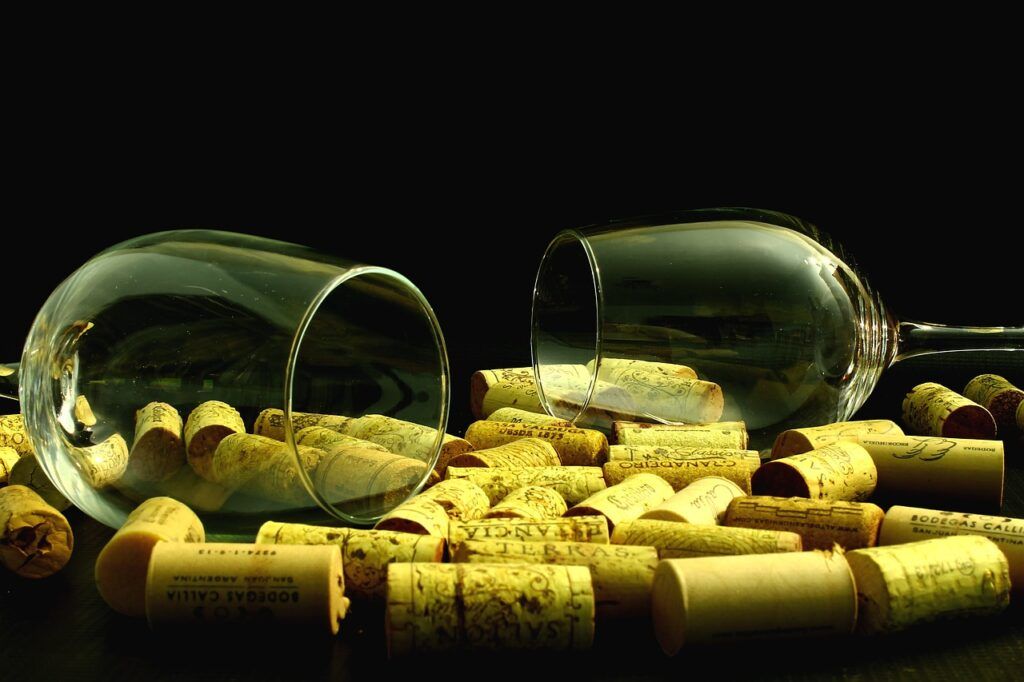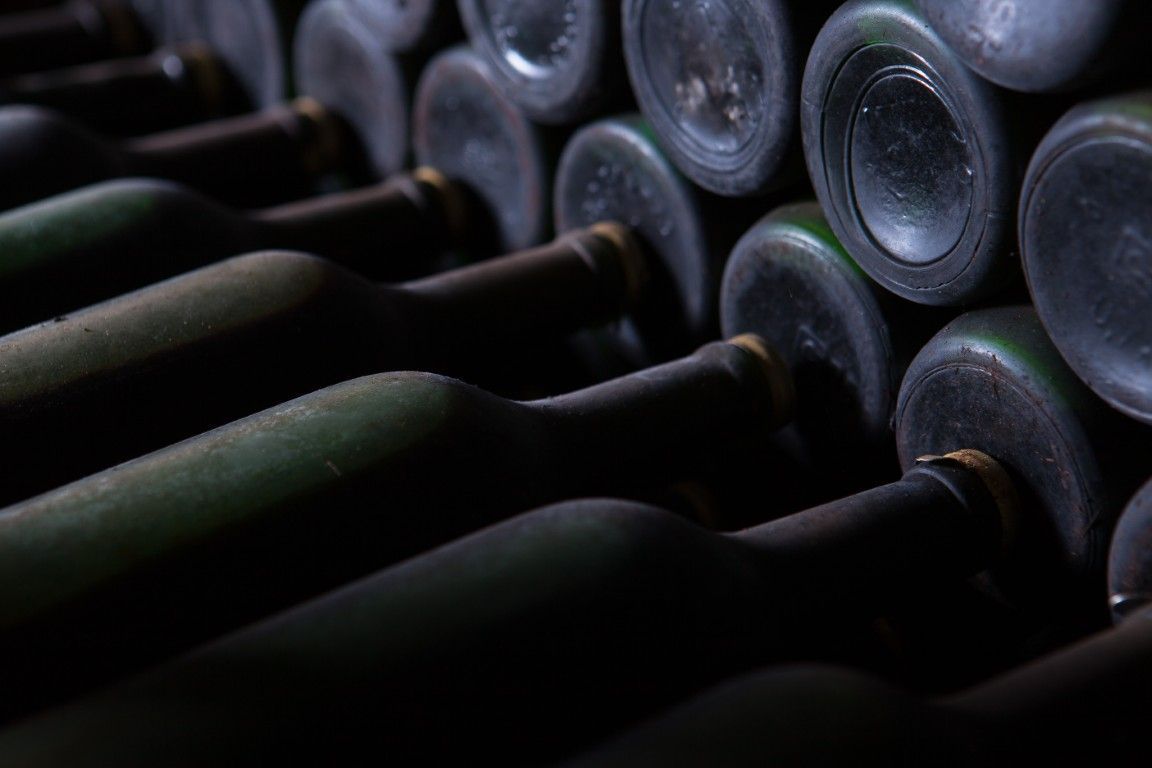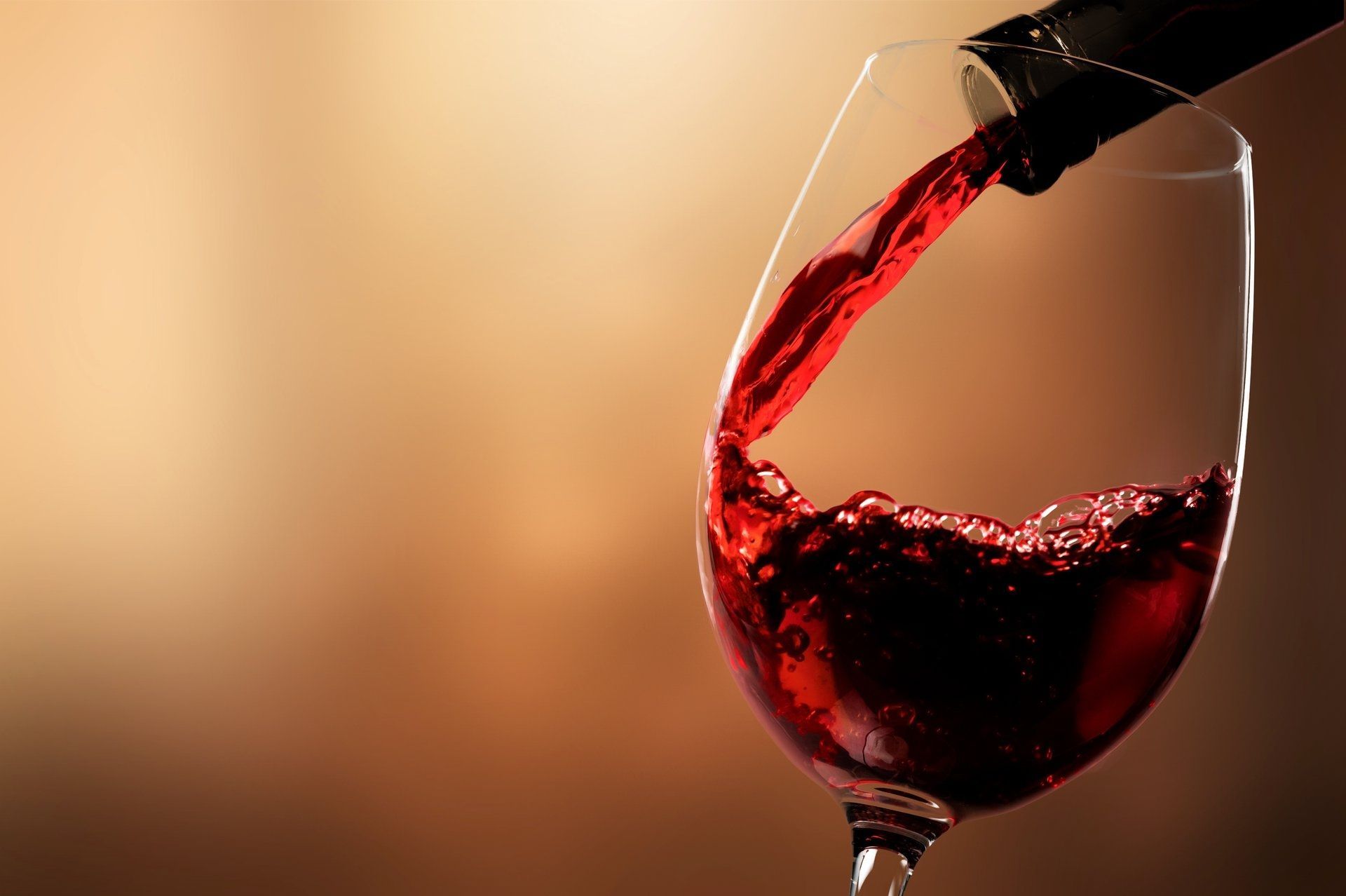Stoppers for glass bottles? In wine bottling, the stopper is as important as the bottle. Thanks to it, we can enjoy wine at any time of the year, even months after it was made. The bottle contains, and the cork seals—it’s the perfect combination to ensure the flavor and aroma of the finest wines.
But what factors contribute to the preservation of wine, and how do they influence the choice of the stopper?
The importance of choosing the right stopper
Choosing the ideal stopper for sealing glass bottles is essential for ensuring optimal preservation and service of the contents. Whether it’s an aromatic liqueur or a fine wine, it’s essential to select a quality closure that preserves the flavor, aroma, and properties intact for as long as possible.
But preservation, while essential, isn’t the only factor to consider. There are other reasons that can be just as important.
Key factors in wine preservation
In fact, many factors influence wine preservation, and most depend on the performance of the stopper or cork and its properties:
- Airtightness. A perfect seal is essential to prevent oxidation and evaporation of the wine. Synthetic stoppers offer better airtightness than natural cork.
- Neutrality. The stopper should not impart any aroma or flavor to the wine. Stoppers made with polymers are the most neutral.
- Durability. Depending on how long the wine needs to be stored, the durability of the sealing system must be considered.
- Ease of opening. The stopper should be easy to extract without excessive effort or breaking apart. The higher the quality, the better the performance in this regard.
- Sustainability. More and more importance is being placed on ecological and recyclable closures.
- Cost. Although price is not always the determining factor, it’s worth comparing costs between different stopper options. Synthetic stoppers offer one of the best quality-price ratios.
- Customization. To enhance branding, it’s important to be able to personalize the stopper with the desired logo or design. Synthetic stoppers allow for complete customization.
- Guarantee. It’s recommended that the manufacturer guarantees the uniformity and quality of each batch of supplied stoppers.
Knowing these factors helps in choosing the perfect closure for a bottle, but it’s also important to know the types of stoppers available to have all the information.
Types of stoppers for glass bottles
Although there are many types of stoppers for glass bottles, they can be separated into two main groups, based on the material used to make them: natural cork and synthetic.
Cork stoppers
The traditional natural cork stopper is still highly appreciated for its artisanal and sustainable image. However, it has some drawbacks:
- Since it’s a natural material, there is great variability between units.
- Risk of aroma transmission and contamination due to the cork’s porosity.
- Variable permeability that affects preservation. There is a risk that the contents will spoil after some time.
- Fragmentation during uncorking. This happens when the cork dehydrates, is uncorked too quickly, is too old, or is of poor quality.
- High level of waste in production.
- Dependence on the availability and price fluctuations of cork bark.
Of course, natural cork is still the most commonly used, especially for bottles of wine intended for aging. But its main problems can be solved by using a quality synthetic stopper instead.
Synthetic stoppers
These stoppers were created to solve the issues cork presented during wine bottling. Synthetic corks offer the following advantages:
- Maximum level of airtightness and neutrality.
- Uniformity between pieces.
- No contamination of the contents.
- Easy opening without fragmentation.
- Sustainable production and 100% recyclable material.
- Versatility in design and customization.
It cannot be definitively stated that one type of stopper is better than another; it depends on many factors such as the type of wine, the desired quality, the preservation time, or the budget. While natural cork is the most traditional and sustainable, synthetic stoppers offer greater functional guarantees without compromising the original flavor.
Frequently asked questions about stoppers for glass bottles
Why choose synthetic stoppers over natural cork?
Synthetic stoppers offer superior airtightness and neutrality, as well as uniformity, hygiene, ease of opening, and sustainability.
What advantages do synthetic stoppers have?
They stand out for their superior quality and customization possibilities.
How do synthetic stoppers contribute to sustainability?
Being made from recyclable plastic materials, they are a more eco-friendly option with a lower carbon footprint.
Can synthetic stoppers be customized?
Their design, color, and marking with logos and images can be fully customized.





